Benefits of Using Lavender, Panthenol, and Coconut Oil Shampoo for Cats with Flea Infestations (Rinse-Off)
-
Natural Ingredients:
- Lavender: Known for its calming properties and natural insect-repelling effects, lavender helps soothe irritated skin and reduce the stress of flea bites.
- Panthenol (Pro-Vitamin B5): Moisturises and heals the skin, promoting healthy coat growth and repair of flea bite damage.
- Coconut Oil: Rich in fatty acids, coconut oil nourishes the skin, provides anti-inflammatory benefits, and enhances the overall health of your cat’s fur.
-
Gentle and Effective Cleansing:
- SCI (Sodium Cocoyl Isethionate): A mild surfactant derived from coconut oil, SCI cleans without the harshness of SLES, SLS, or cocamidopropyl betaine, making it safe and non-irritating for cats' sensitive skin.
- Active Foam Shampoo: Ensures even application and easier rinsing, reducing the risk of leaving residue that could irritate the skin. Works by suffocating the fleas & making it hard for them to latch on.
-
Flea Removal:
- The shampoo helps remove adult fleas and flea dirt effectively while the soothing ingredients help alleviate the discomfort caused by flea bites.
- Bathing your cat with this shampoo will wash away fleas without using harsh chemicals, making it a safer option.
How to Use Lavender, Panthenol, and Coconut Oil Active Foam Shampoo (Rinse-Off)
-
Preparation:
- Wet your cat’s coat thoroughly with warm water to help enhance the cleansing power of the active foam.
- Shake the shampoo bottle well before use to ensure all ingredients are mixed properly.
-
Easy Non-Drip Non-Fidgety Direct Foam Application:
- Apply the foam shampoo and work towards the tail. Avoid the eyes, mouth, nose, and genitals to prevent irritation. For the face use a washcloth.
- Massage the shampoo into the coat, paying special attention to hard-to-reach areas such as between the toes and under the belly.
- Clean the ears using a warm washcloth or if there is heavy discharge apply a tiny amount of the the multipurpose balm or rose skin serum on the outer ears using the tip of your finger & wipe the debris off.
-
Treatment Duration:
- For best results, continue to massage the foam in for a minute atleast. This allows the active ingredients to work effectively on the fleas and skin.
-
Rinsing and Drying:
- Rinse your cat thoroughly to remove all traces of shampoo, dead fleas, and flea dirt. Use a towel to dry your cat completely, ensuring they stay warm and comfortable.
- Do not point the shower head or direct on your cat's face. Use a wet wash cloth to wash of any shampoo on the face.
- Fast Rinse-Off. Fantastic for cats who don't like washes/ baths.
Tips to Prevent Flea Reinfestation
-
Environment Control:
- Vacuum your home, especially areas where your cat spends a lot of time, to remove flea eggs, larvae, and pupae.
- Wash your cat’s bedding and any fabric in hot water to kill any remaining fleas.
-
Flea Combing:
- Use a flea comb daily to catch any new fleas before they can reproduce. Dispose of fleas in soapy water to prevent them from escaping back into the environment.
-
Routine Wash & Seal
- Regular grooming with the lavender, panthenol, and coconut oil shampoo can help keep your cat’s coat healthy and free of fleas. For inbetween washes the No-Rinse Shampoo can be used. Seal & protect their skin barrier & coat with the Rose Pet Serum especially formulated for cats.
-
Natural Repellents:
- Consider using natural flea repellents, such as diatomaceous earth or the Rose Pet Skin Serum (safe for cats), around your home to deter fleas.
Extra Tips
- Regular Vet Check-ups: Regularly consult with your vet to ensure your flea prevention strategy is effective and to catch any infestations early.
- Diet and Immune Support: A healthy diet can boost your cat's immune system, making them less attractive to fleas. Consider adding omega-3 fatty acids to their diet for better skin health.
- Monitor for Signs: Keep an eye on your cat for signs of fleas, such as excessive scratching or grooming, and act quickly if you notice any symptoms.
By using a lavender, panthenol, and coconut oil shampoo, you not only treat your cat's current flea infestation gently and effectively but also provide ongoing benefits for their skin and coat health. Regular use, combined with environmental control and preventative measures, can help keep fleas at bay.
Appropriate for 8 weeks and above.

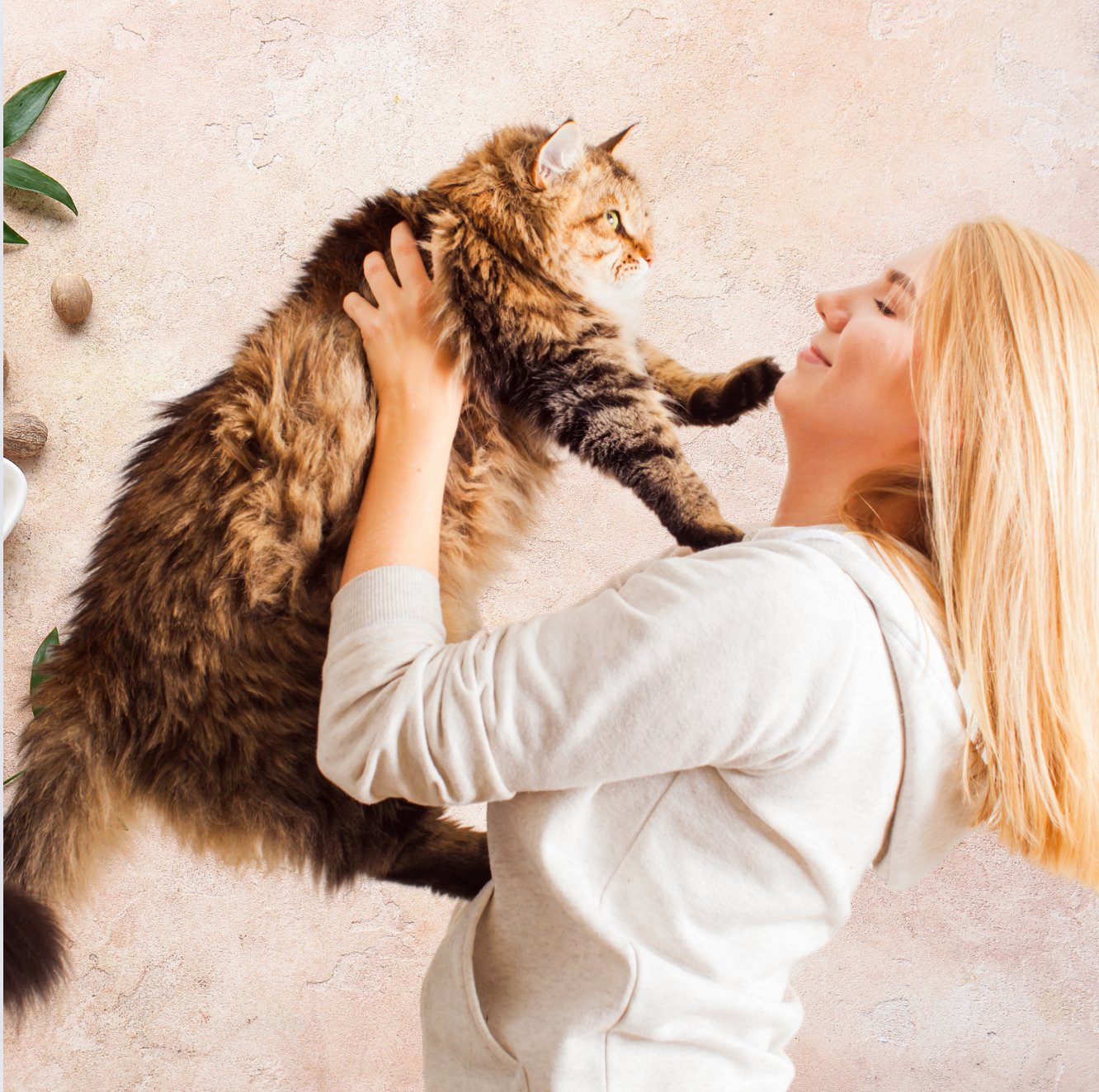
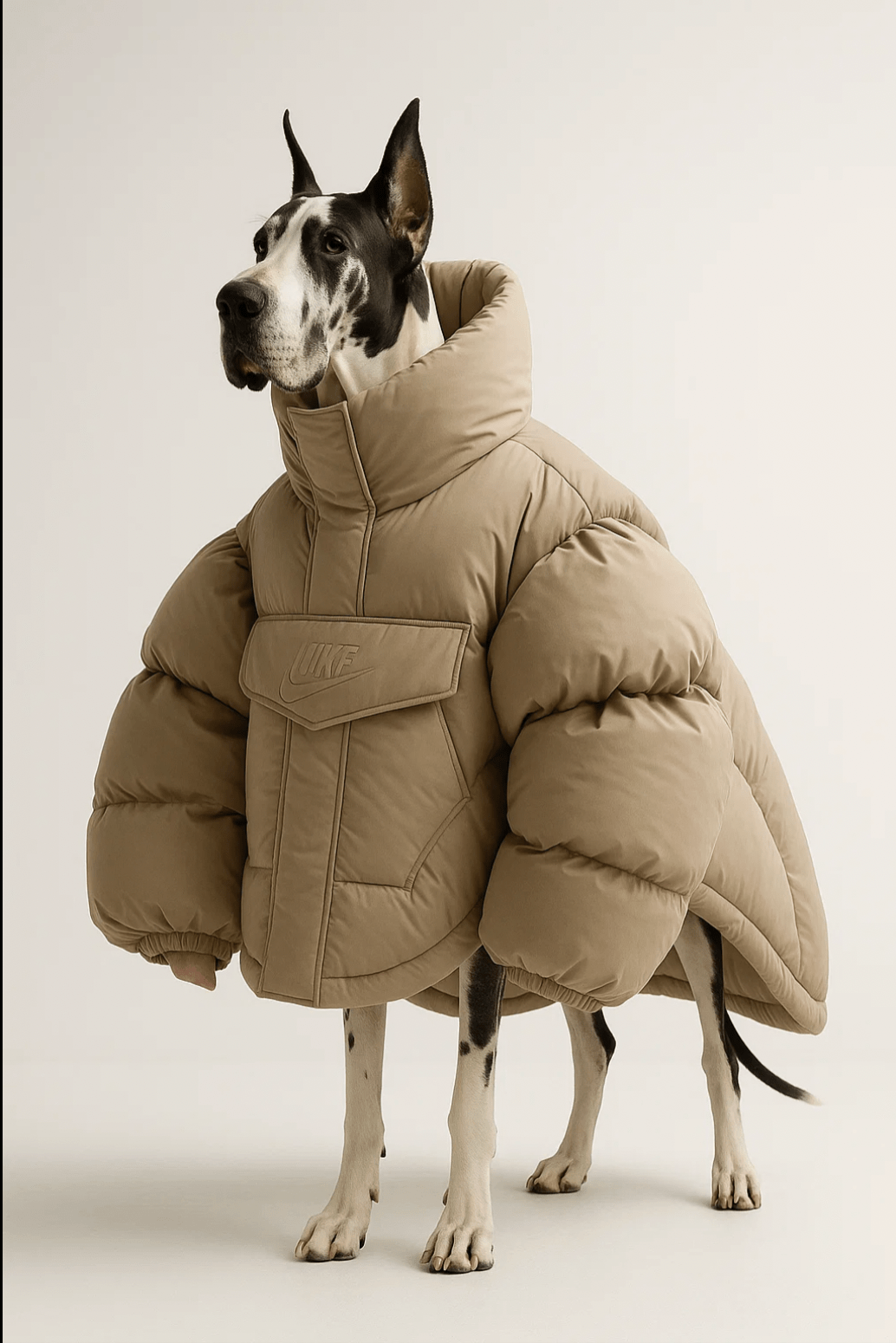

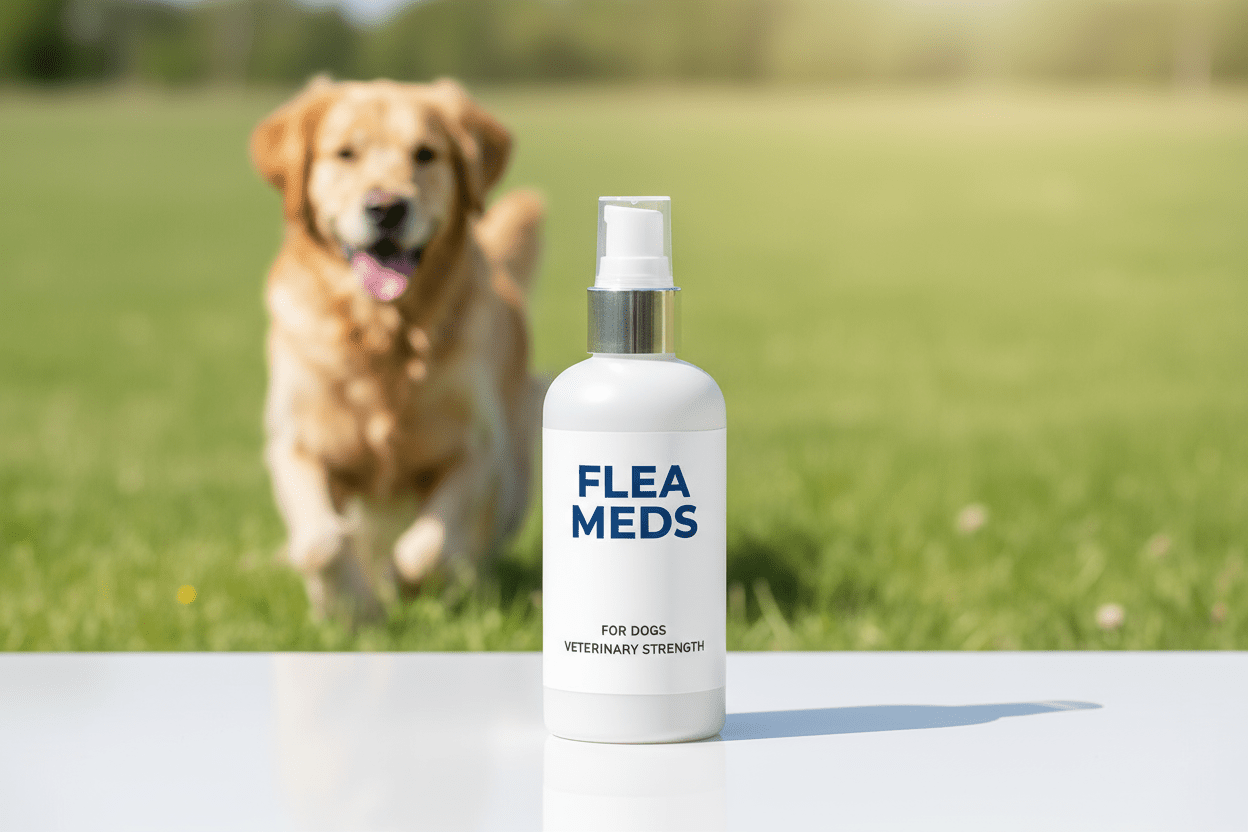
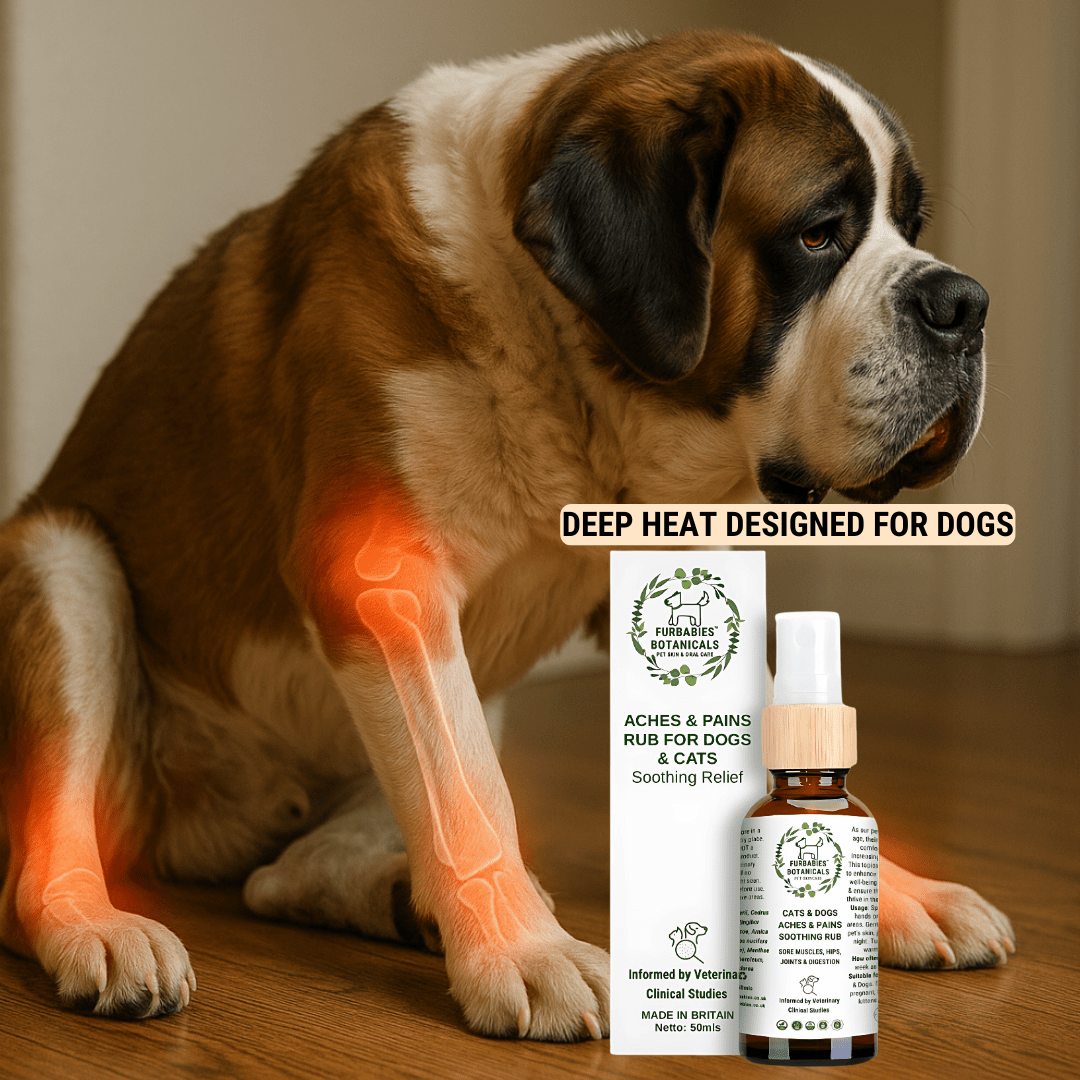

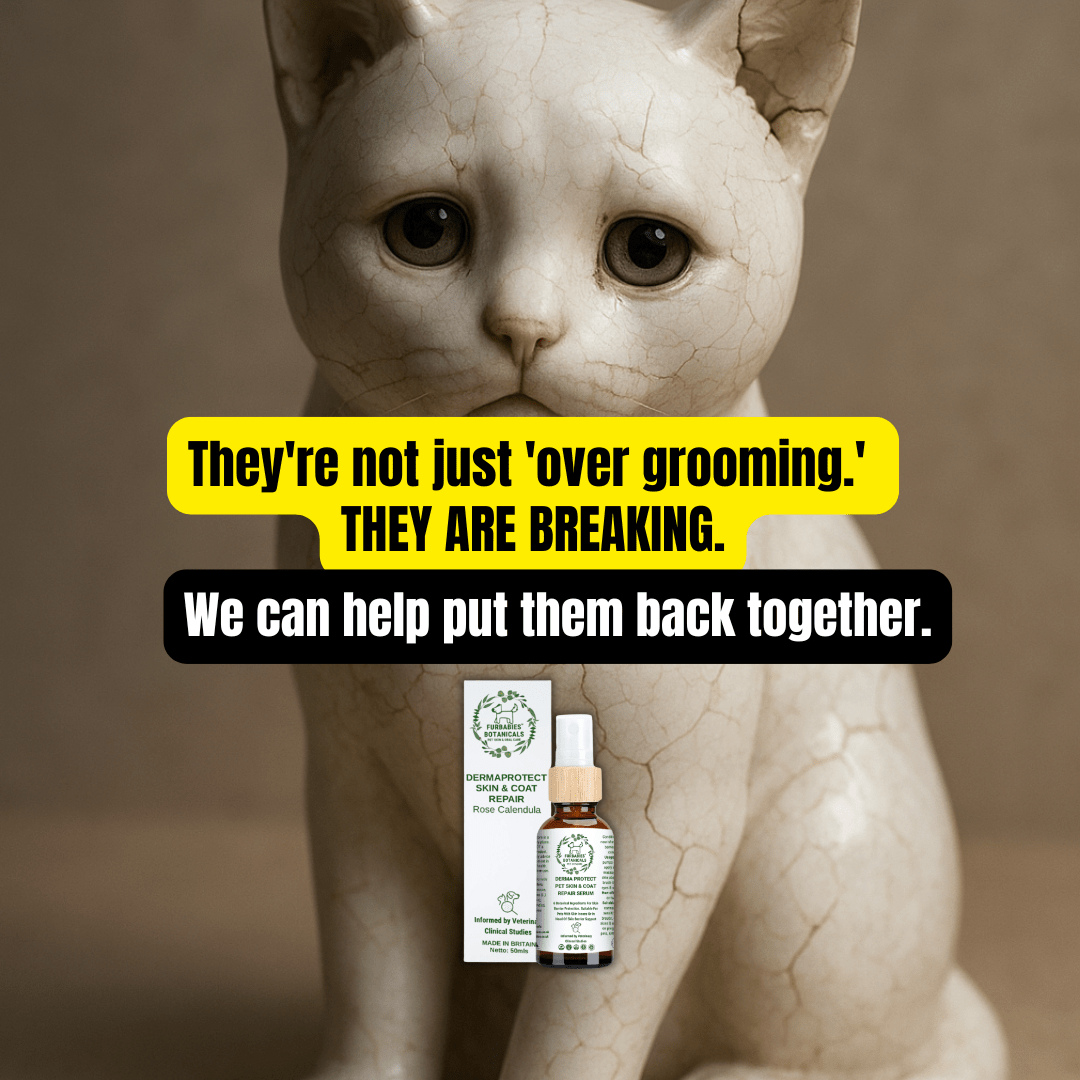
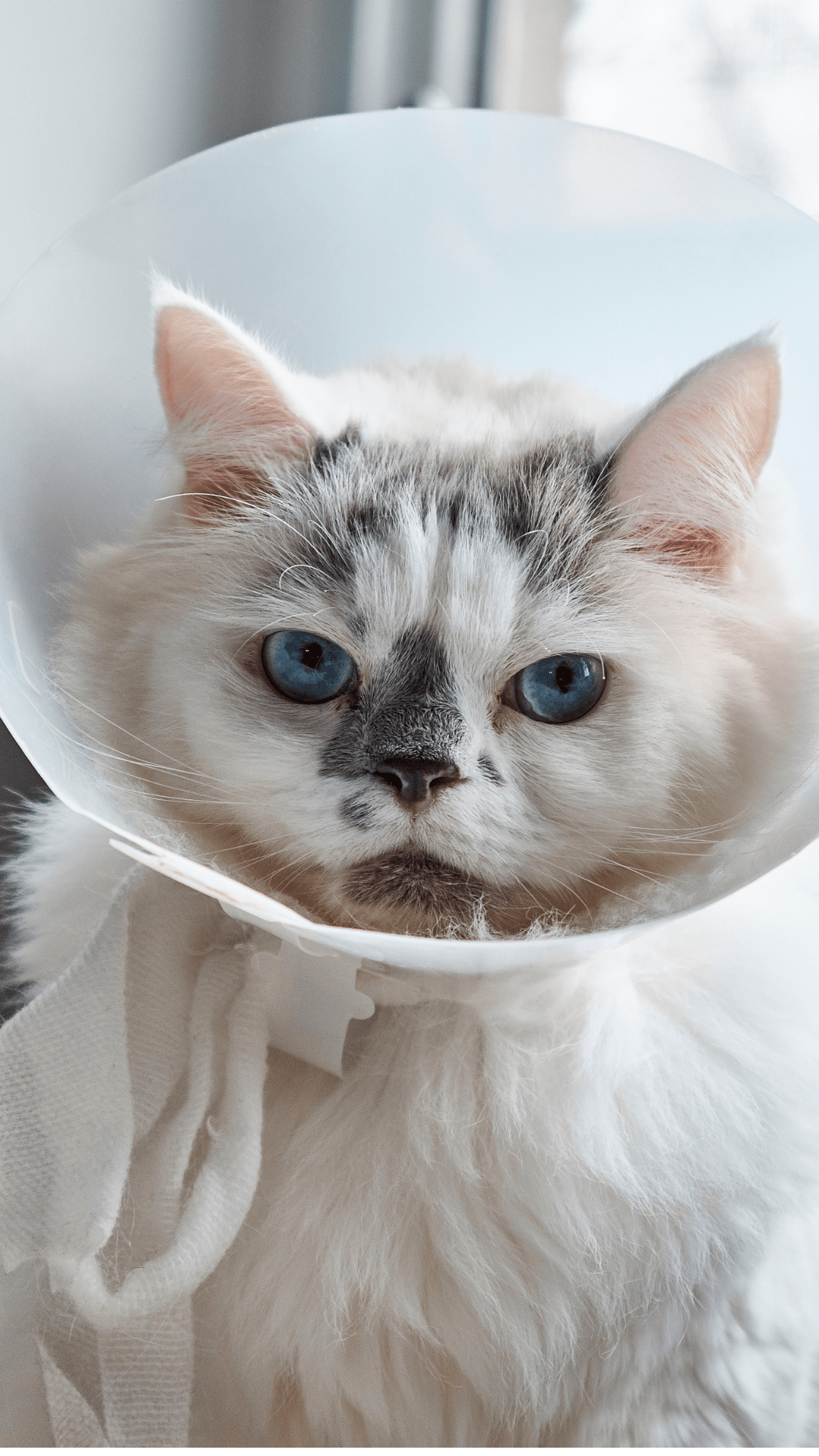
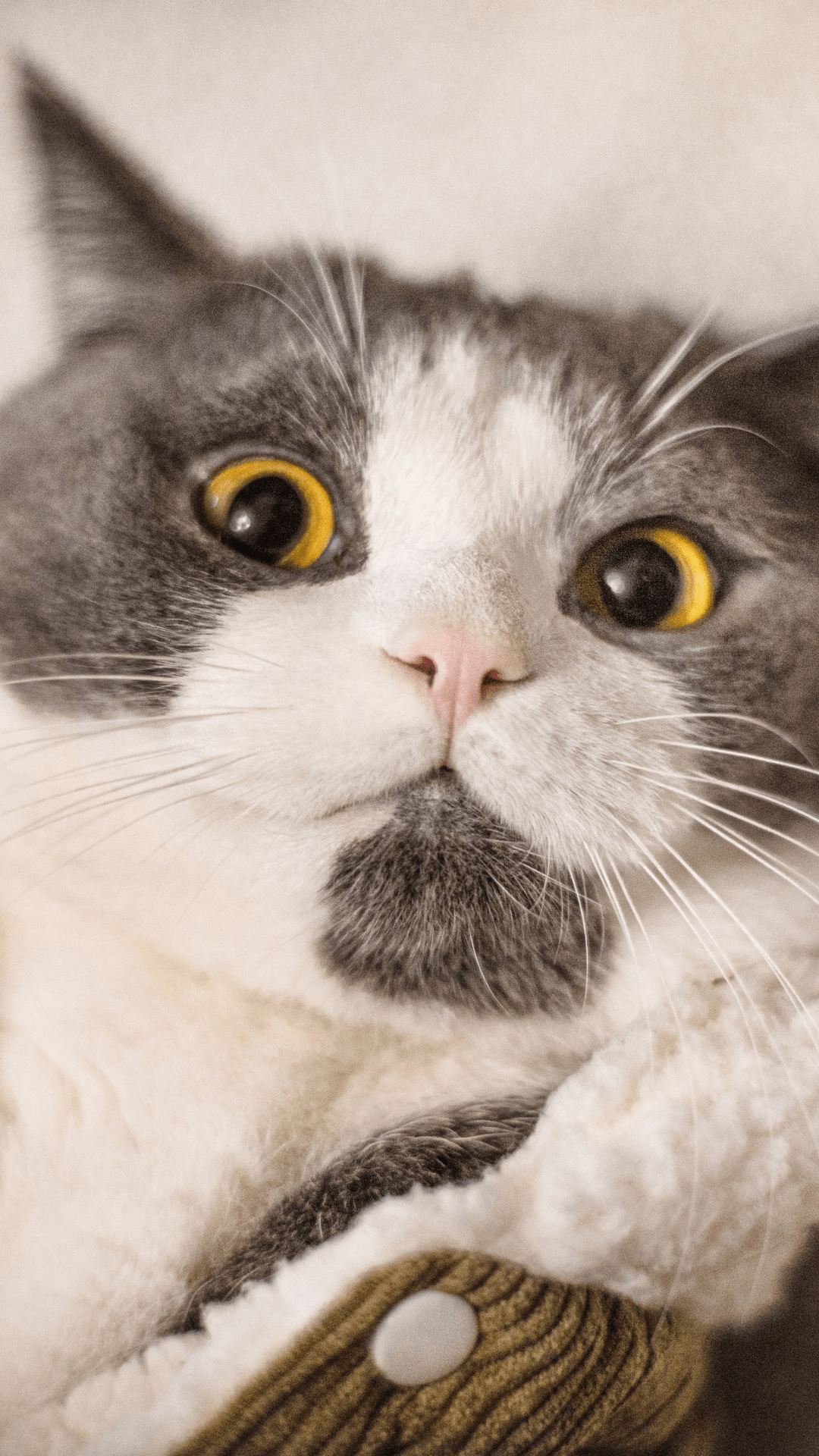


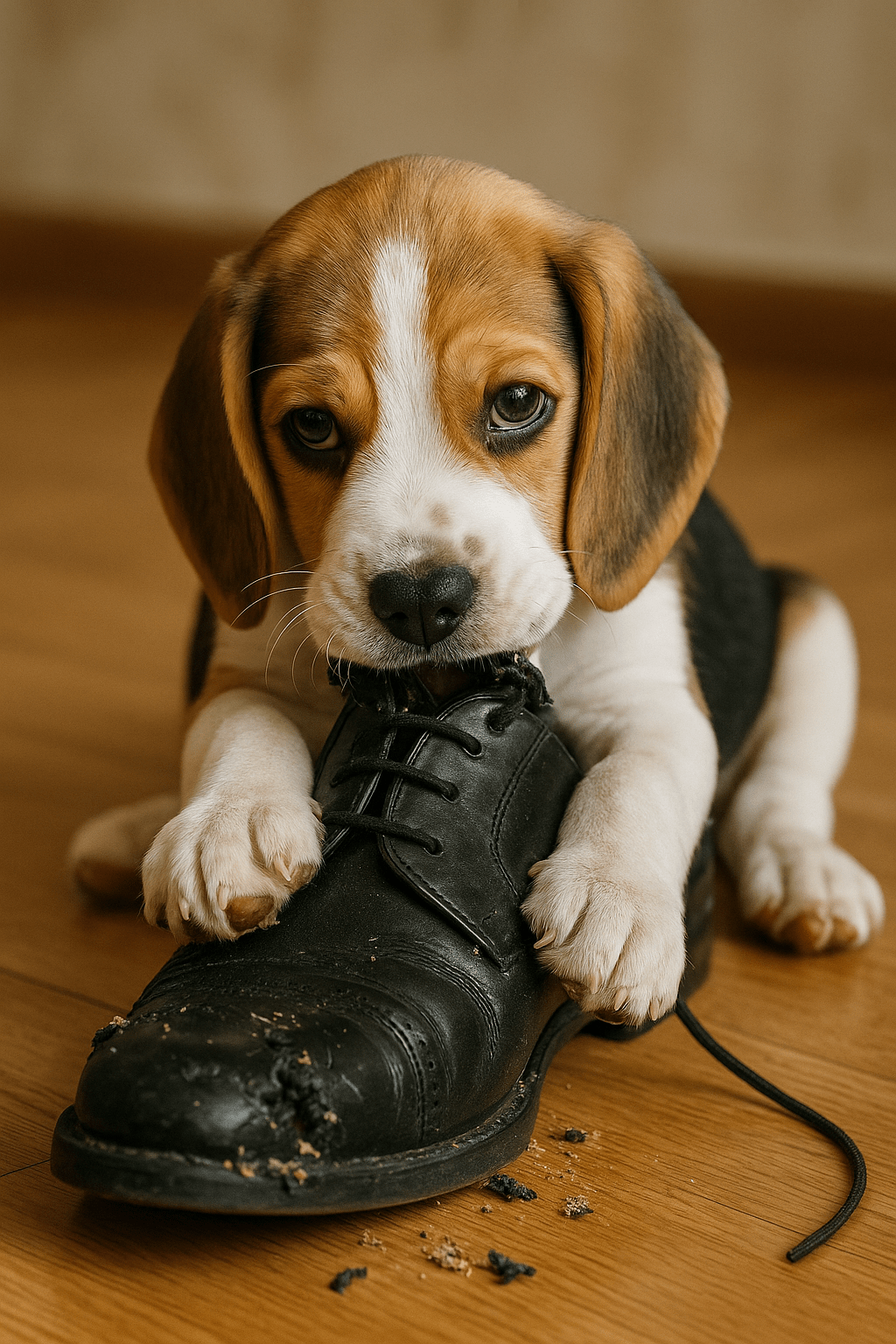
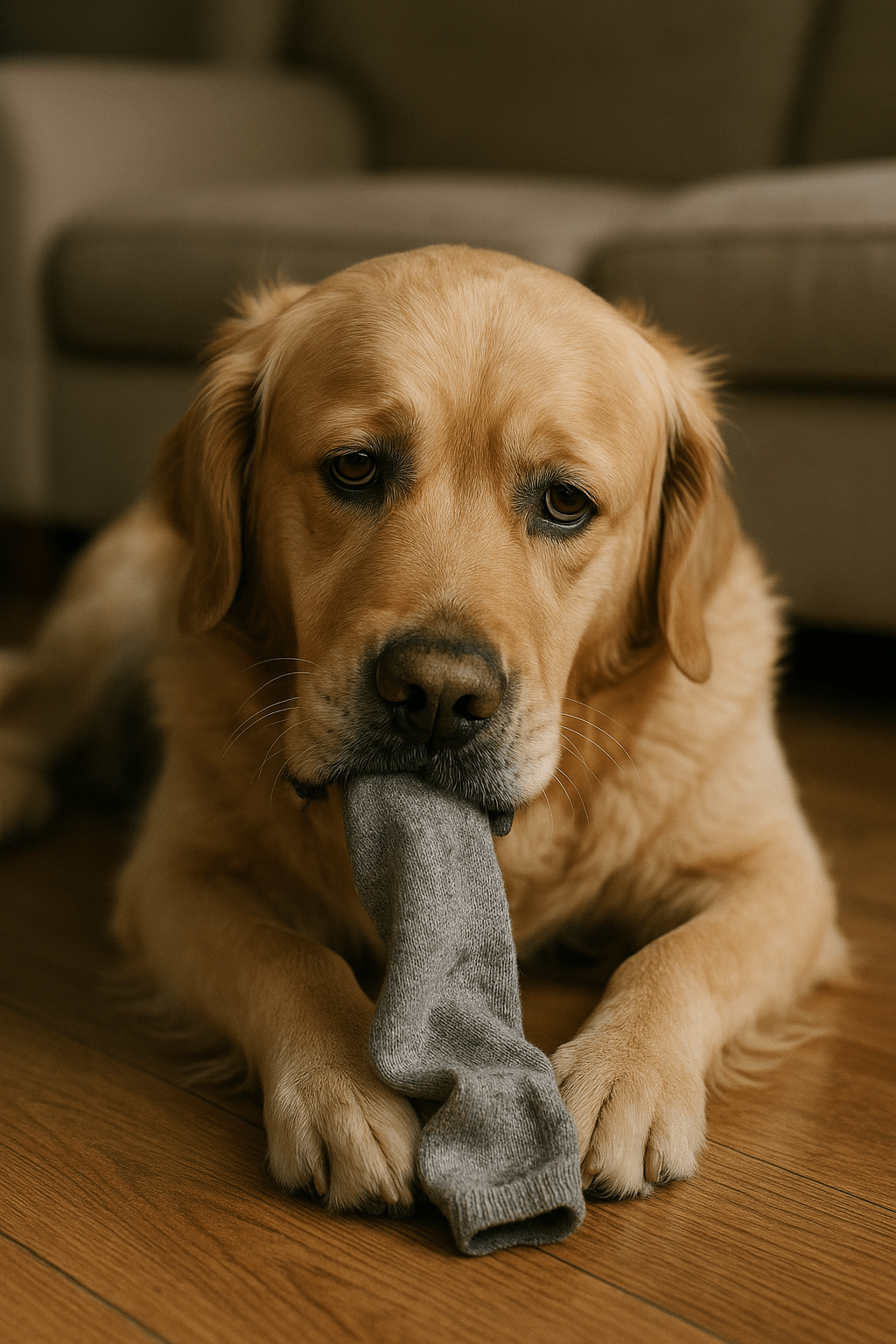
Share:
Dangers of leaving poo stuck to your rabbit's coat.
Does My Dog Have A Good Quality of Life (QoL)